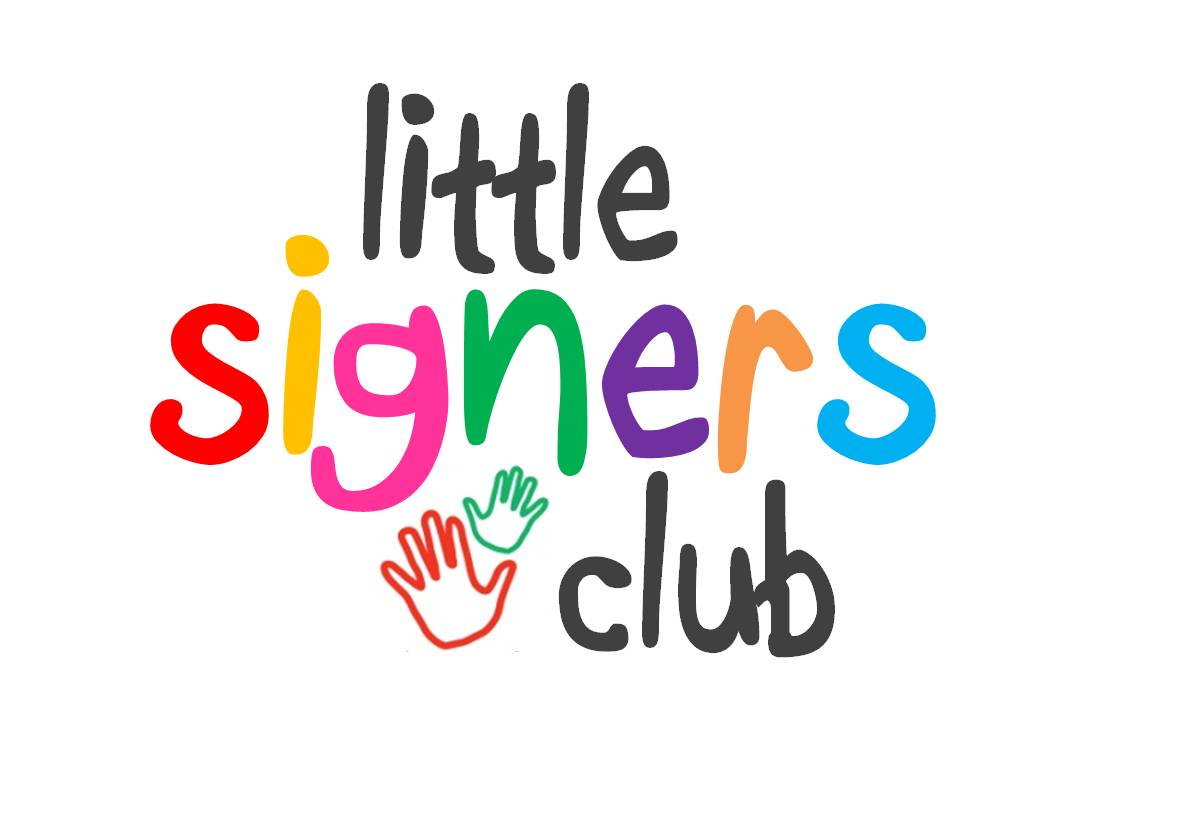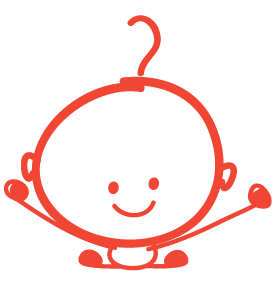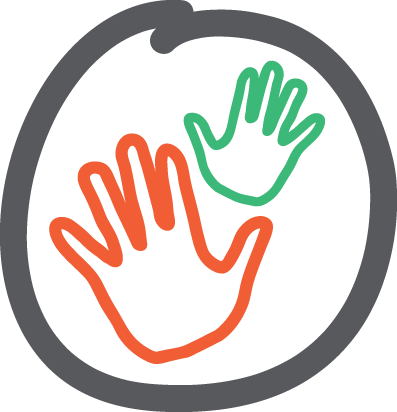
your questions
Everyone has questions about babysigning with babies, toddlers and pre-schoolers.
Could such a simple concept really make such a big difference?
Yes, it really can – this is what we have to say.
Without question, this is the question we get asked the most at Little Signers Club.
The answer is a definitive No!
Signing with your baby, when done correctly, does not lead to speech delay.
If anything we find that signing babies are more curious about language and start to us speech more confidently at an earlier age. Not only that, babies who have learned to sign tend to have more complex language structure at an earlier age. Signing must always be done in conjunction with speech to achieve this; it is so important to make sure that the signing programme or class you join is focussed on communictaion development, like those at Little Signers Club.
Christina Schabow, speech and language pathologist from the US says;
‘Ultimately signing will NOT cause your baby to have delayed speech. It WILL be one of the best things you do to help prepare your baby for talking!’
Whilst you will more commonly associate the use of sign language with people who may be deaf or hard of hearing, signing is a fully inclusive activity and the whole family can benefit from using it. British Sign Language is the UK’s fourth indigenous language – with as many as 1 in 7 people using it already.
Lots of people are kinaesthetic learners which means that they use the action of their body to help them learn – they are “do-ers”. By using a sign and speech at the same time, this learning is facilitated and retained.
Older siblings love signing and will frequently use it with the baby in the family more than parents – they remember more signs too!
It might feel that way at the beginning, as you are getting used to using your hands for more specific words – but gesture is a very normal part of communication regardless of age and signing is a more formal extension of that practice.
As you start to use signing, you’ll be thinking about what you are going to say to your baby next and before long, using signing for key words will quickly become second nature.
Before you had your baby, it might have felt very odd to talk aloud to your little one all day, giving a running commentary of what you are doing – and if someone told you to practice doing that when you were pregnant, it would seem laborious or time consuming but now it comes naturally.
It’s the same with signing. Keep it fun and eventually it will come naturally to you and to your baby too.
It’s recommended that you start signing with your baby from around 5 – 6 months as gross motor skills are starting to come under control, eye focus is better and a baby’s attention span is a little longer.
However, you can start earlier if you wish, just remember to keep signing very limited to a few of signs that are relevant to your routines and your baby’s needs at this stage. We’ve known babies as young as 12 weeks who are able to sign Nappy Change and Milk.
Please remember – all babies are completely unique and develop at their own pace!



Some children are ready for signing earlier than others – a good indication of whether your little one is ready to start signing is to see if they are clapping and waving. This means that their gross motor skills are starting to come under their control.
The most responsive time for your little one to start using clear gestures and signs is between 9-14 months – although some babies are much earlier. A great deal depends on how much time you invest in showing the signs and their physical development too. Your Little Signers Club Leader can talk you through our ‘Stages of Signing’ as well as what to expect from your little one, as well as development milestones that will play a part in how your signing journey progresses.
You can help develop your baby’s gross motor skills by singing action songs, such as Wind the Bobbin Up, which your little one will love!
Absolutely!
In fact, signing for multi-lingual families is a huge help as it helps your baby, toddler or child to make the connections between the different words more easily.
You simply use the same sign, consistently, but vary the language in which you say the word – for instance you could sign ‘Milk’ and say ‘Milk’ or ‘Lait’ or ‘Milch’. The connection for the different words is the sign and hence the understanding comes much more quickly.
There are obvious advantages for everyone for whom English is an Additional Language (EAL) and it can help with more rapid aquisition of a new language as well as the ability to communicate needs and indicate understanding.
Research found that when signing was added as an additional language, children ‘typically do better’ in all other languages.
Your local teacher will be able to give you guidance and advice on this subject.
The benefits of signing with toddlers is myriad.
In fact, research has shown that the second year of life is the most frustrating for children.
Signing can help alleviate this frustration; you could increase positive interactions and joyful experiences with your toddler by up to 90% – and eliminate the ‘terrible twos’ almost completely.
Signing with toddlers is a big topic – so we’ve added a page and you can find out much more.
‘Not only does signing with your baby reduce frustration for everyone but the depth and quality of such early communication is an experience that every family should experience. […] the results that can be seen are extra-ordinary’.
Dr Joseph Garcia; The Complete Guide to BabySigning
Little Signers Club




